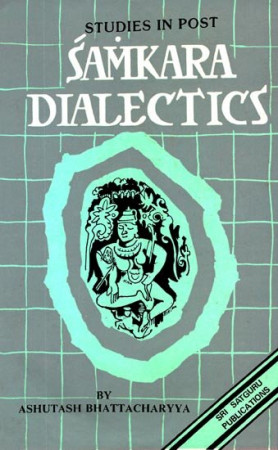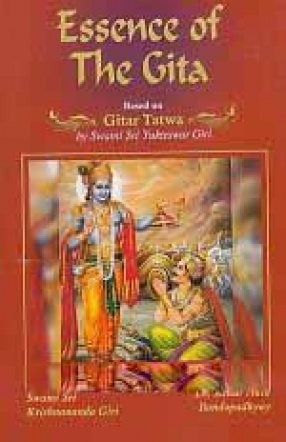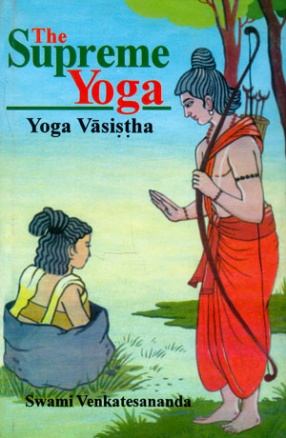Studies in Post - Samkara Dialectics
This book presents a systematic presentation of post-Samkara dialectics of the Advaita Vedanta. Advaita-Vedanta may be studied purely from a religious standpoint as an intuitive principle of realisation as well as conceptual dialectics. In the former aspect, it unfolds to us the highest art of life, brings solace in affliction and holds out a promise of self realisation and transcendental bliss. It is also a science of thinking, abounding in philosophic boldness and in this respect it has exhibited the keenest logical subtletics and is on the same footing with the Science of Reasoning. Advaitism in its later development has become the pyramid of conceptual construction. Contributions of Sriharsa, Citsukha and Madhusudana, open a new era in the domain of the Advaita-Vedanta. Contributions of the Neo-Vedanta teachers have novel features which originates a new form of dialectology to test the growth of Vedantic concepts and thus make the system a living one in Indian Philosophy. The Neo-Vedantic teachers developed a two fold destructive-constructive aspect- refutation of the oppoents’ thesis and the establishment of the true Vedanticposition by a refutation of its refutation by the opponent. The above three mentioned thinkers carried post-Samkara dialectice to the perfection and predominance it has reached in Indian thought. The present volume comparises eight chapters bearing mainly on the epistemology of post-Samkara thought. In the first chapter, nature of knowledge has been examined and analysed so as to bring out the problems involved therein. The second chapter deals with the important and unique Indian conception of self-luminosity of knowledge. The third chapter is concerned with the validity of knowledge, deals mainly with the formidable arguments of the Navya-Nyaya school as represented by Gangesa in his Tattvacintamani and discusses how the Mimansa and Vedanta schools refute the new-logicians of their own dialectic. In the fourth chapter, Sriharsa famous dialectic in the refutation of the Nyaya- Vaisesika categories has been studied. While the fifth and sixth chapters deals with Madhusudan’s refutation of Vyasaraja’s arguments against the Vedantic conception of the universe as unreal, Epistemology of illusion or Adhyasa has been discussed in the seventh chapter where an attempt has been made to study the monistic theory of illusion or super imposition in a comparative way by anlysing different theories of illusion advanced by the sister schools of Indian Philosophy. The last chapter deals with Nescience or Avidya and the famous anypapattis of Ramanuja and the charges of Madhava have been examined and an effort has been made to show how the Advaita-teachers refute their opponents by their irresistible dialectices and finally establish their own position on the bed- rock of irrefutable logic. In the end the book contain an index of the words.
Get it now and save 10%
BECOME A MEMBER







Bibliographic information